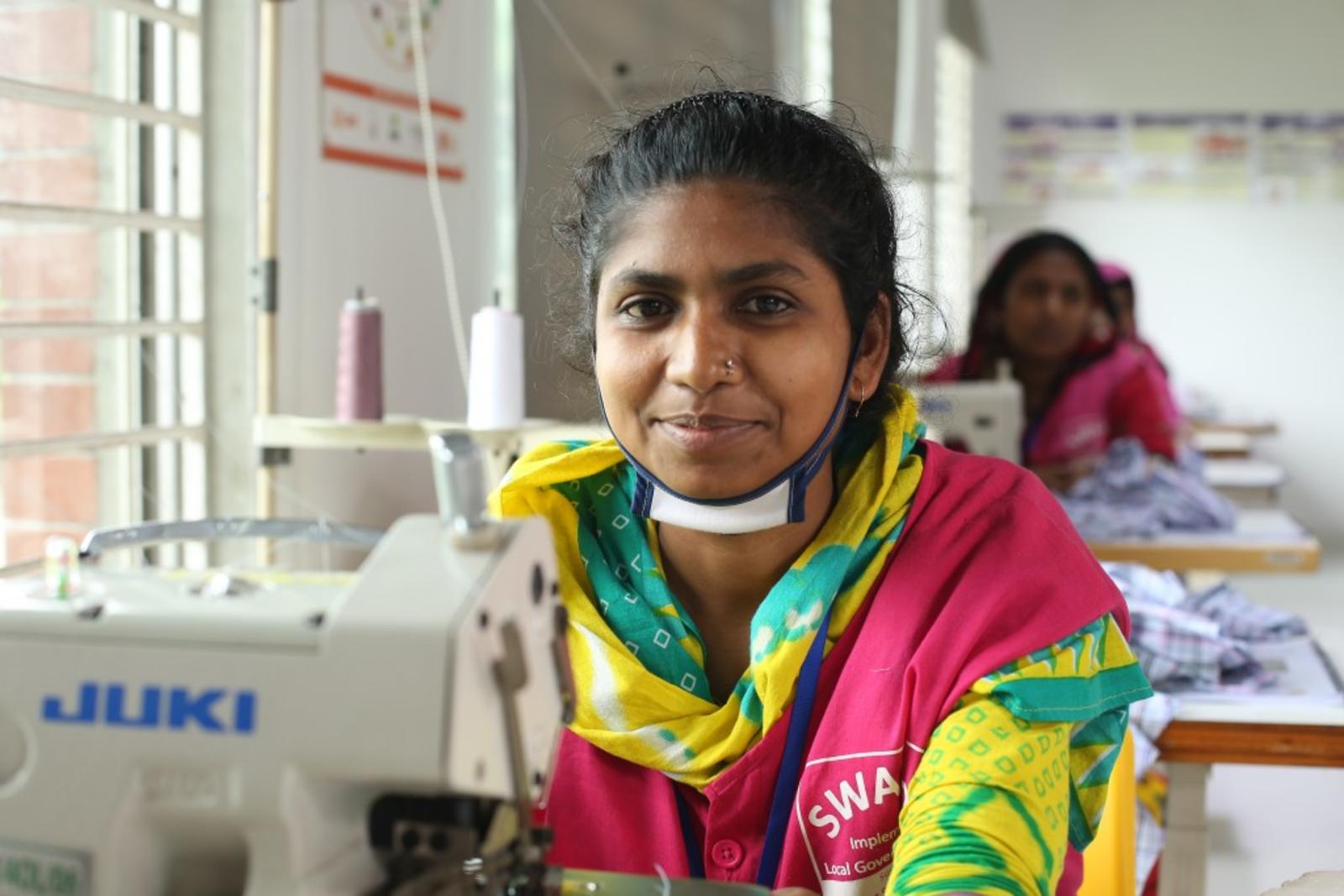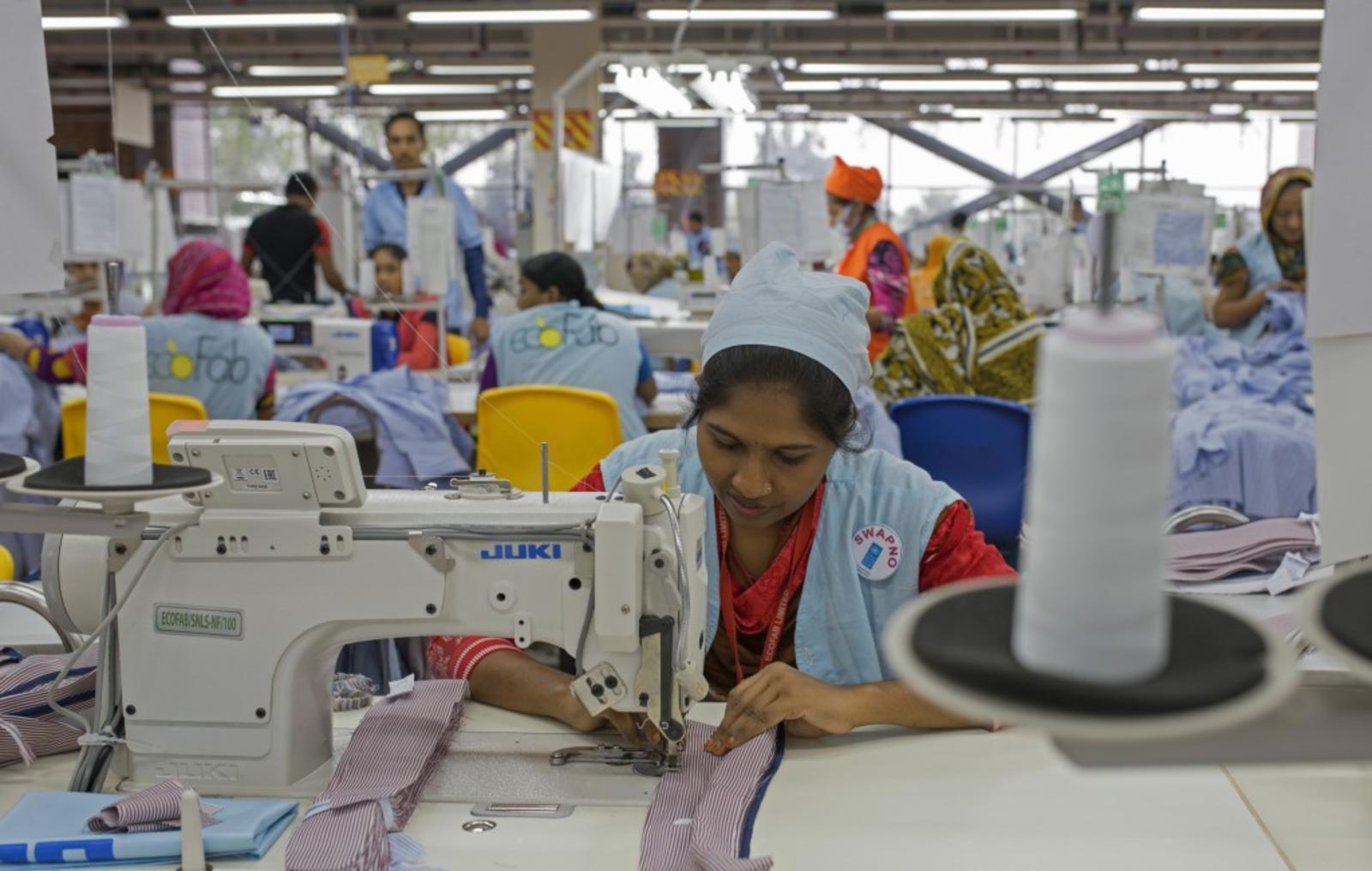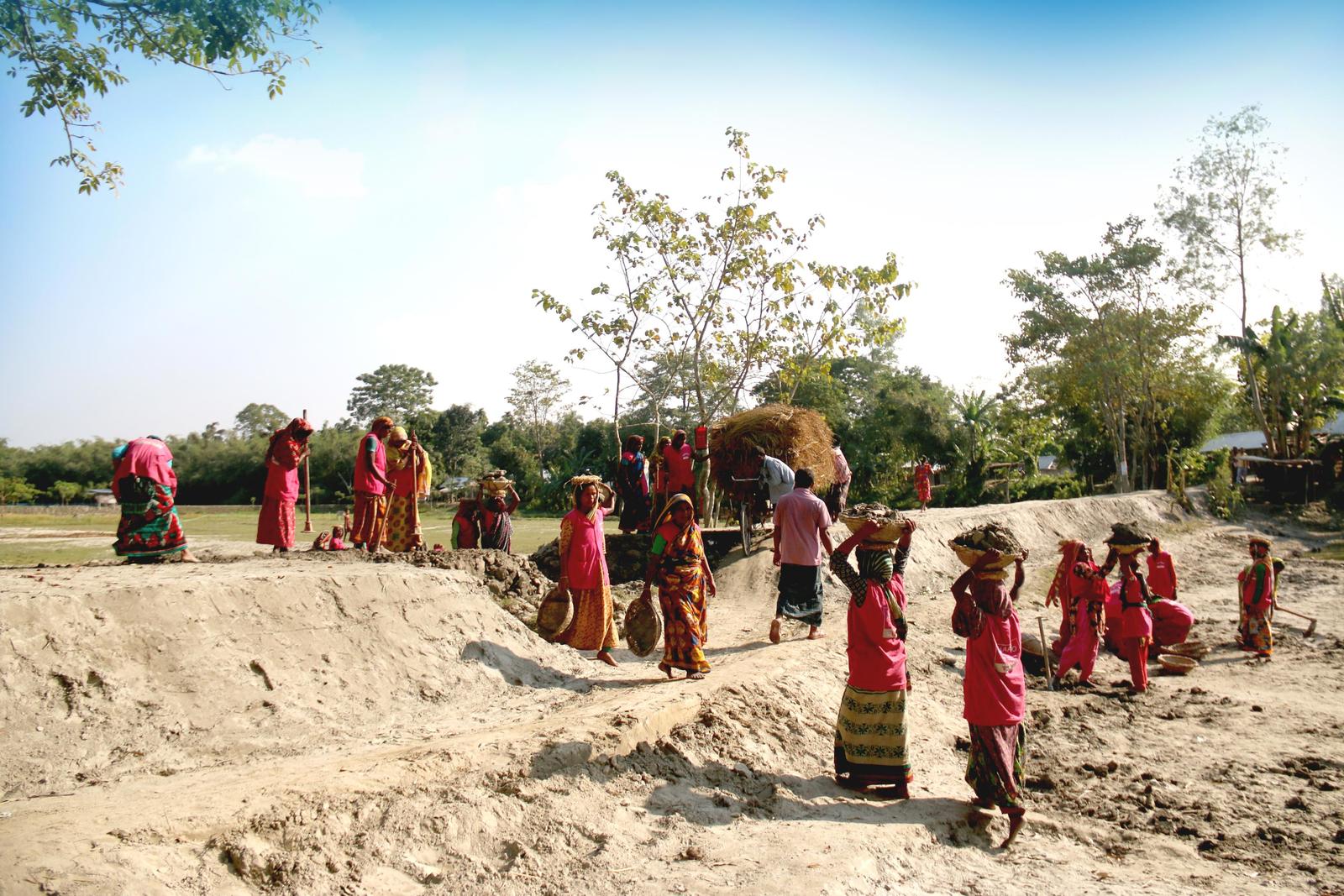June 28, 2018
Group savings model lifts Bangladeshi families out of poverty
The SDG Fund uses a number of tools to help break the cycle of poverty in struggling communities around the world. In Bangladesh, this includes Rotating Savings and Credit Associations (ROSCAs), which have helped many poor women and their families save money, make investments and improve livelihoods.
ROSCAs have existed in various forms for 700 years in about 80 countries.
They are formed when a group of individuals makes regular financial contributions – typically weekly, biweekly or monthly – to a joint fund. The fund is eventually distributed to all the members; this can be done by lottery or based on need.
In Bangladesh, ROSCAs are part of SDG Fund’s in-country program, called Strengthening Women’s Ability for Productive New Opportunities (SWAPNO), which focuses on extremely poor female-headed households. Most of the female participants are divorced, widowed, separated, have been abandoned, or have a husband with a major disability. Through the program, women are employed for 18 months in public works projects, and ROSCAs are introduced to help them with their savings and investments.
ROSCAs have helped improve participants’ lives in many ways. For example, an overwhelming 79 percent of them have no schooling, and more than 95 percent were previously working as servants or in labor jobs. But after benefiting from the program – which included life skills, business management training and the financial benefits of ROSCAs – an impressive 97 percent of the participants started some kind of an income-generating activity. Thirty percent of them had multiple such activities.
ROSCAs provided critical financial capital for these women. Before, only 27 percent of them had access to financial institutions because of reasons such as high interest rates and the fact that many did not know how to invest. Through ROSCAs, many of them gained the knowledge needed to make sounds investments in various trades.
Participants in the Kurigram district invested more than US $211,000 in 58 types of small enterprises, with goat rearing and cow rearing as the most popular ones. Program beneficiaries in the Satkhira district invested more than US $230,000 in more than 30 enterprises. After cow rearing, the most popular options were crab fattening, fish trading, and dress making and tailoring.
By allowing the women to make these investments, ROSCAs helped them and their families pay for school, nutrient-rich food and medical treatment. About half of the participants now have better housing, and improved sanitation and water conditions.
ROSCAs have also given participants more confidence, and led to the creation of strong bonds and networks among them. Many meet regularly to discuss investments and other issues. The women have also earned more respect and gained improved access in their communities; for example, they are now more frequently invited to social gatherings and other events.
As with any program, there are challenges. ROSCAs, for example, usually cannot handle large amounts of money and may not generate as much as the participants need. But in places like Bangladesh, they have been a successful part of the solution, boosting everything from participants’ confidence levels to their business investments.









